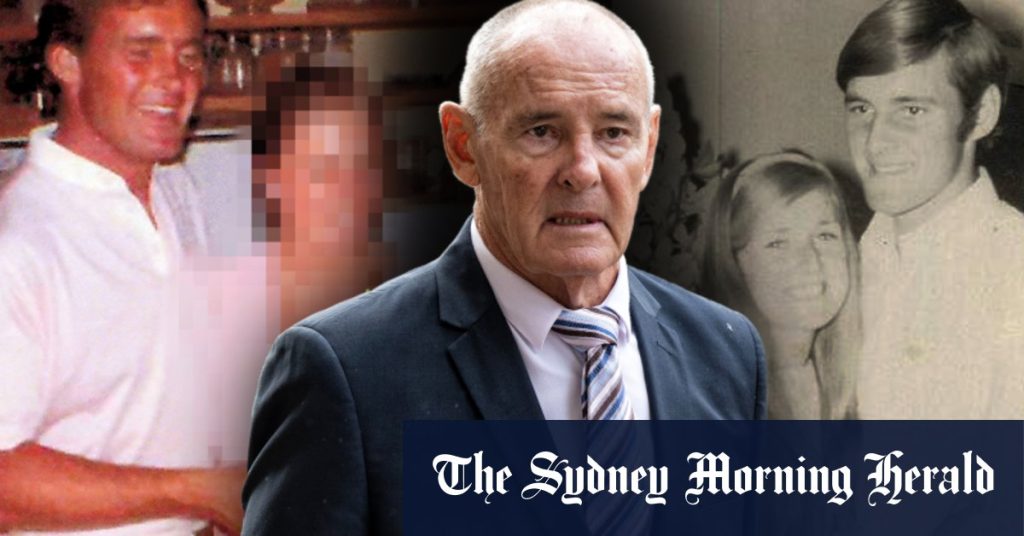In 1983, Chris Dawson divorced his first wife, Lynette, and remarried twice afterwards. He married JC in 1984 and then moved to Queensland with her. In 1990, JC left Dawson and subsequently made statements to the police about Lynette’s disappearance, leading to a renewed investigation. Dawson’s legal team identified five grounds of appeal, alleging that the delay in criminal proceedings put him at a significant disadvantage and that the evidence supporting his guilt was insufficient.
During the appeal hearing, Dawson’s barrister argued that it was a reasonable hypothesis that Lynette was still alive on January 9, 1982. Dawson claimed that Lynette had called him at Northbridge Baths on that day, saying she needed time away to sort things out. However, Judge Harrison found that Dawson’s claims were untruthful, as the only evidence of the call came from Dawson himself, who did not testify at the trial. Justice Adamson noted the lack of phone records to verify Dawson’s account due to the passage of time.
Harrison emphasized in his judgment that it was crucial for the Crown to prove beyond a reasonable doubt that Lynette died around January 8, 1982. He stated that this was the foundational link in the chain of reasoning upon which the Crown relied to establish Dawson’s guilt. Dawson’s lawyers argued that the Crown’s evidence was insufficient to disprove the possibility of Lynette being alive on January 9, 1982. They also claimed that the delay in proceedings had prejudiced Dawson’s ability to present verifiable evidence supporting his innocence.
The appeal raised questions about the fairness of the trial and the adequacy of the evidence against Dawson. His legal team contended that the delay in initiating criminal proceedings compromised his ability to gather exculpatory evidence and undermined his defense. Despite these arguments, the Court ultimately upheld Harrison’s verdict, ruling that the Crown had met the burden of proof required to establish Dawson’s guilt. The lack of phone records to support Dawson’s claims about Lynette’s alleged call further weakened his case during the appeal.
The case of Chris Dawson and the disappearance of Lynette has been subject to multiple legal proceedings, including appeals and investigations. The lack of concrete evidence and the passage of time have complicated efforts to definitively establish what happened to Lynette. The appeal process raised concerns about the fairness of the trial and the impact of the delay in proceedings on Dawson’s defense. Despite the legal challenges, the Court ultimately affirmed the original verdict, concluding that the Crown had successfully proved Dawson’s guilt beyond a reasonable doubt.


